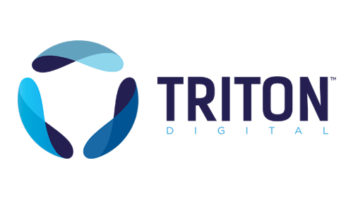National Public Radio has asked the FCC to allow FM stations to split their digital signals into two channels – without requiring new station licensing. The request comes as NPR has submitted its report to the commission with final results from tests of supplemental audio channels on stations broadcasting in HD Radio. The testing for the so-called “Tomorrow Radio” project was done with partners Harris and Kenwood and reviewed by Hammett and Edison.
In a letter to the FCC, NPR states: “Given the evolutionary nature of the Ibiquity IBOC technology, the commission recognized the need to resolve … whether and how stations might transmit multiple digital audio programming channels to a meaningful portion of the station’s authorized service area without causing harmful interference to other services.”
The testing “confirmed the viability of subdividing the HD Radio 96 kbps data stream into multiple streams for purposes of broadcasting audio programming,” states NPR. After testing the concept on four FMs, WETA, Washington; WNYC, New York; KALW, San Francisco and KKJZ, Los Angeles, Hammett and Edison concluded that a secondary audio channel service area would reach a typical FM station’s 70 dBu to 60 dBu service area.
The partners re-did portions of the tests with Ibiquity’s new HDC codec in two markets, New York and Washington and were “heartened” by the “highly positive results.”
Because the Tomorrow Radio functionality involves dividing a station’s HD Radio data stream, NPR “anticipates that existing commission public interest requirements governing FM broadcasting would apply to FM stations electing to broadcast multiple audio channels.”
NPR has asked the FCC to authorize FM stations to implement the supplemental audio channel capability of HD Radio as soon as possible. That permission might be included in a further notice of proposed rule making that IBOC proponents hope comes out this year for permanent IBOC authorization, or on its own.
NPR to FCC: Let Stations Split Their Digital Signals
NPR to FCC: Let Stations Split Their Digital Signals









